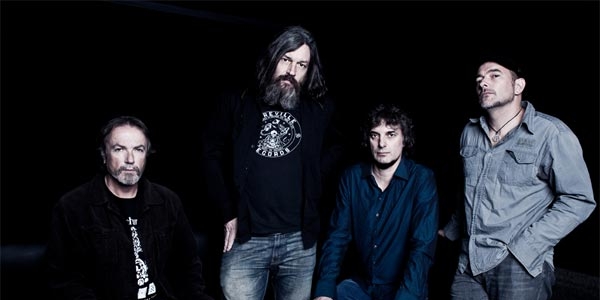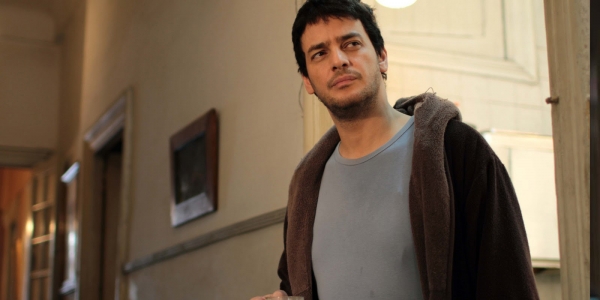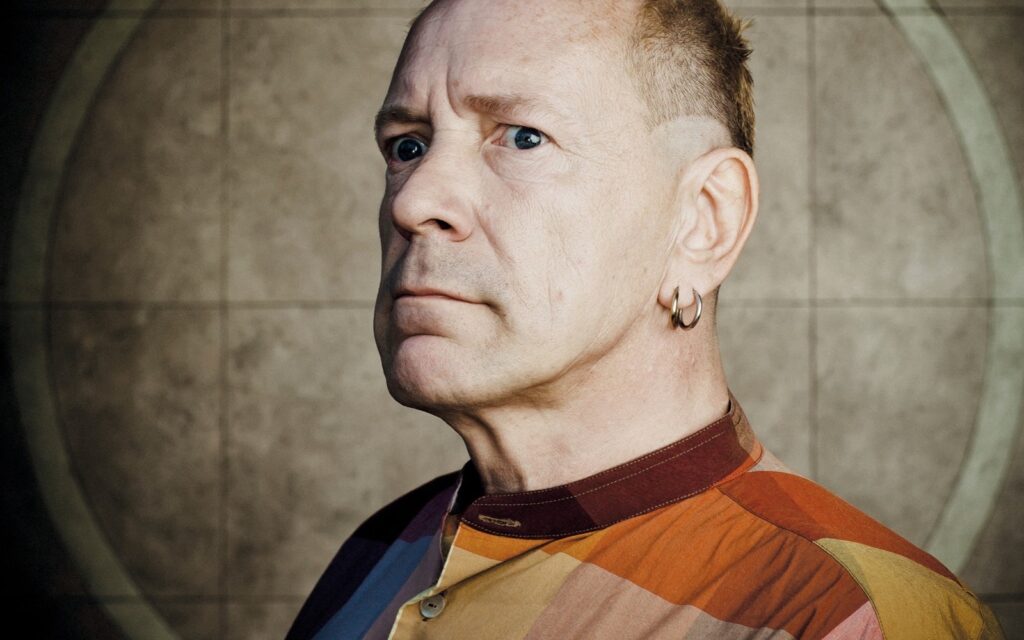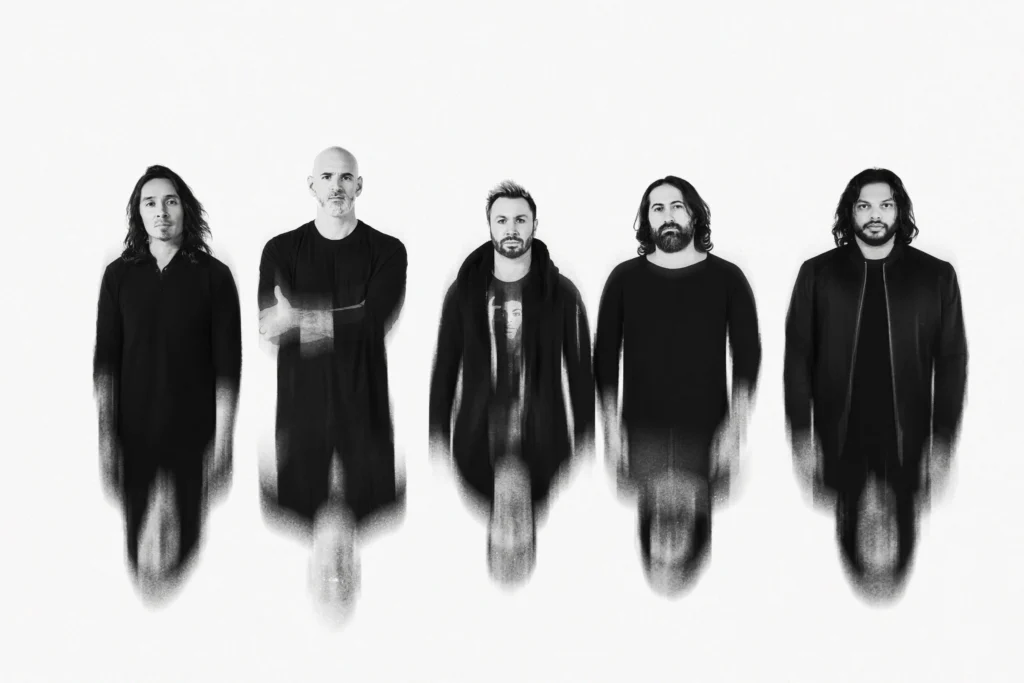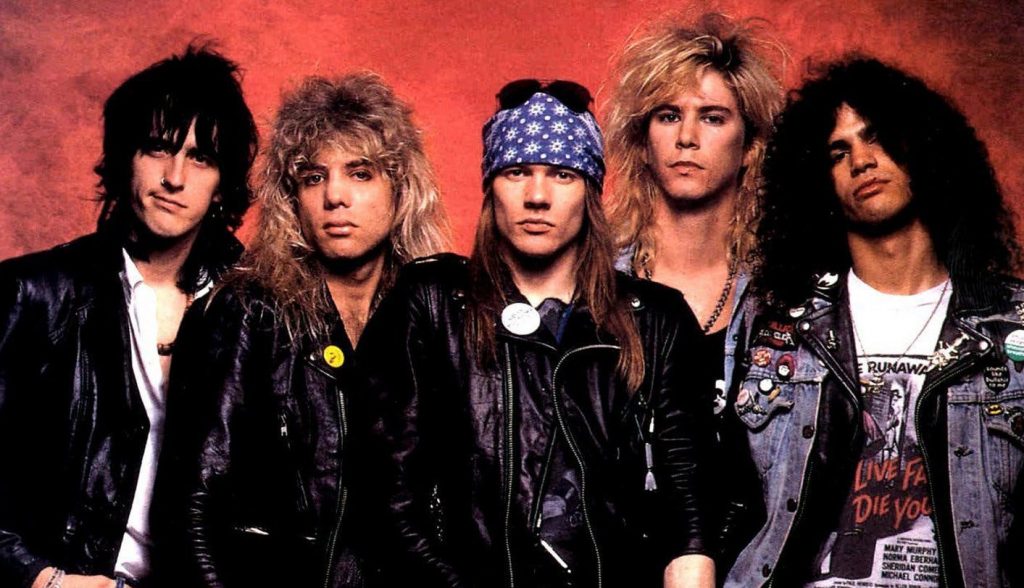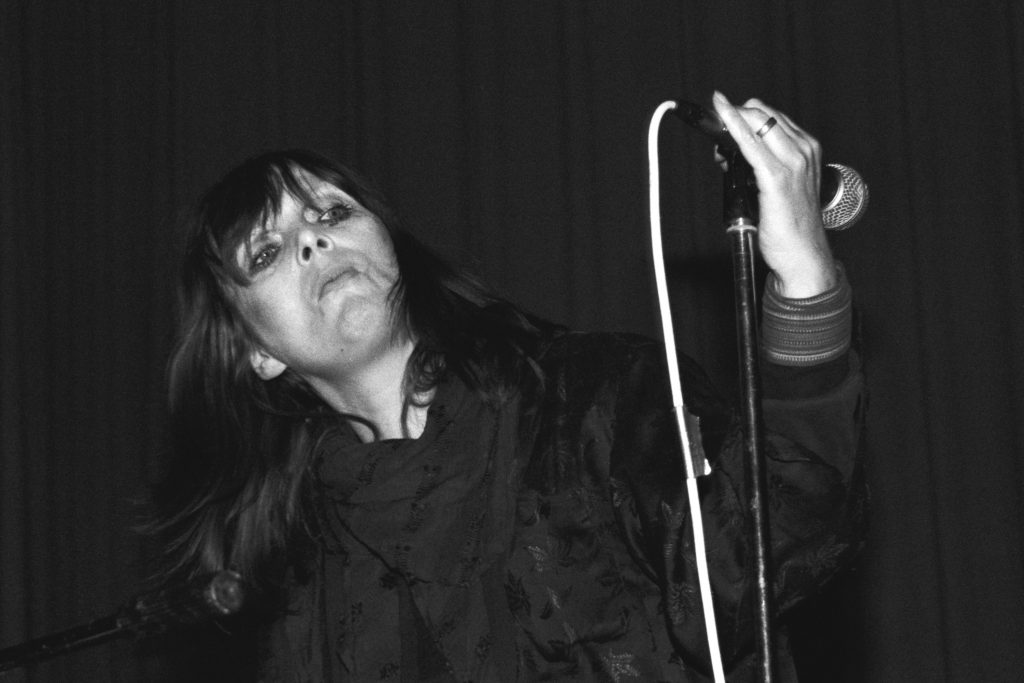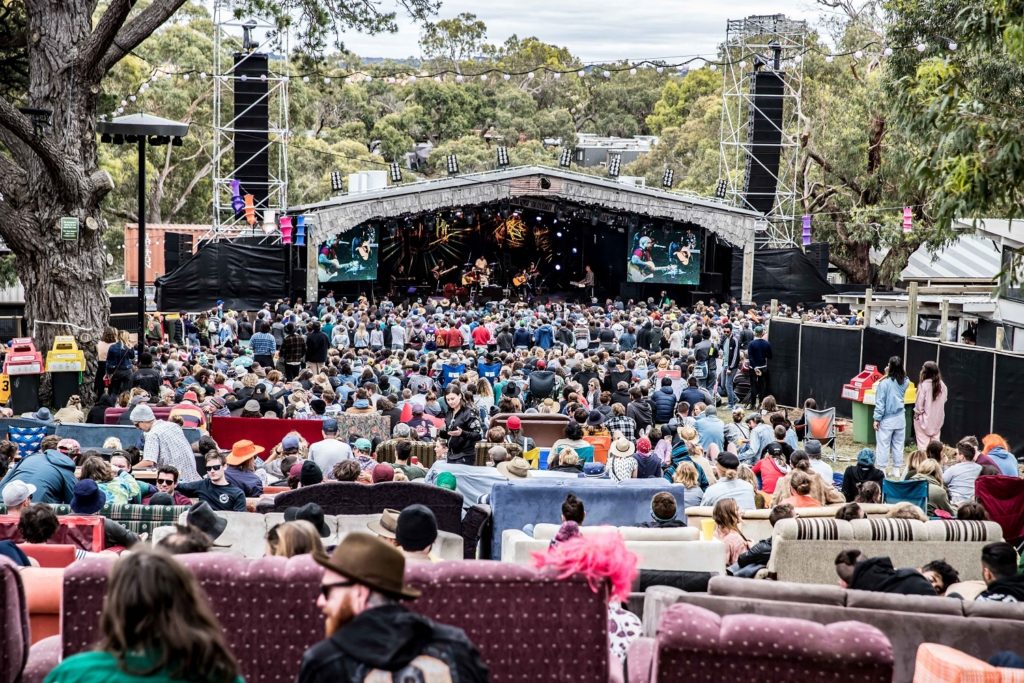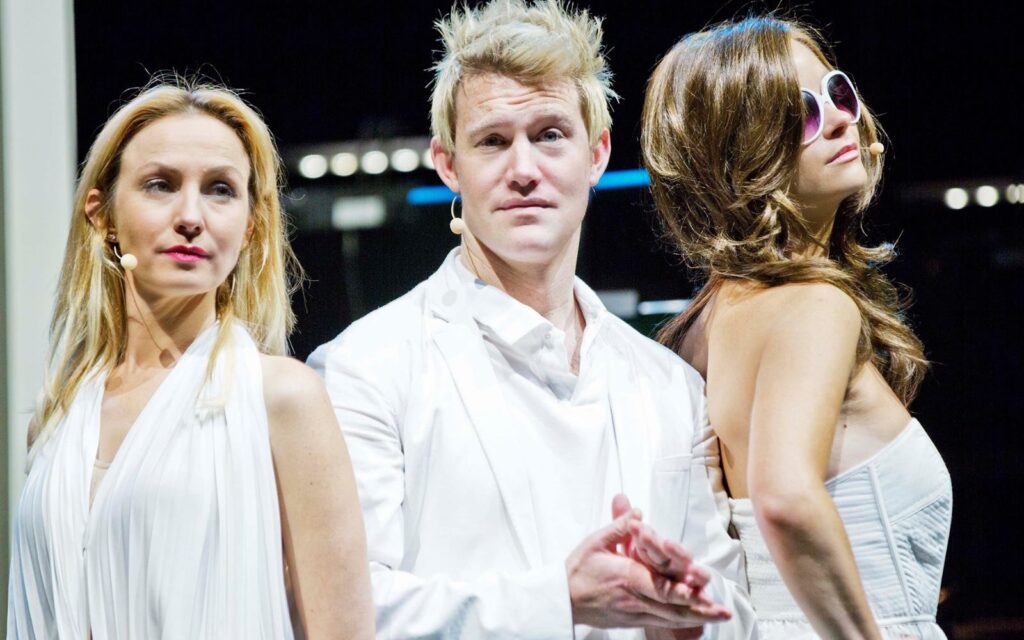“It was an amazing event,” recalls Koppes. “I think it should ensure we’ve got a colourful future – hopefully people realise that music doesn’t have to turn eventually into dinosaur rock, and that older bands don’t just become tribute bands,” he says. “There should be a way to get a cease and desist order to stop that happening!”, Koppes laughs.
The church formed originally in 1981, with Koppes and bass player and vocalist Steve Kilbey having grown up together in Canberra in the 1970s. In the early 1980s both Kilbey and Koppes had re-located to Sydney and formed The Church (the capitals were dropped later) with original drummer Nick Ward. Marty Willson-Piper was visiting Australia and caught a set from the three-piece church; within a short time Willson-Piper had joined the band, and after Richard Ploog took over drumming duties, the classic church line-up was settled (Ploog left the band in the late 1980s, replaced eventually by current drummer Tim Powles).
Over the next 30 years the church became one of Australia’s most successful independent bands, developing a passionate following both in Australia, and overseas. To look at archival footage of the church on Countdown lends currency to the suggestion that the church were always looking to become pop stars. It’s a suggestion Koppes bristles at initially. “I would never imagine in the current context of that expression that we would have said that,” Koppes says. “But I suppose in the context of artists such as David Bowie or Led Zeppelin, artists who were always on the radio, then maybe,” he says. Koppes refers to an impromptu encounter with Molly Meldrum during one of the band’s early Countdown appearances when Meldrum confronted a young Steve Kilbey over his apparent reluctance to assume the mantle of a pop star. Kilbey appears uneasy with Meldrum’s inquisition, but clarifies his position: the church were outsiders, but not ideologically so. “But we never had any concern about being popular!” Koppes laughs.
In December the church return to Melbourne as part of the band’s 30th anniversary celebrations, playing The Forum theatre on December 30 as part of its Future Past Perfect national tour. In the show, the church will play three albums – Starfish, Priest=Aura and Untitled #23 – in their entirety. While the church hasn’t shied away from revisiting its older material, Koppes believes there’s no immediate need to re-invent any of the showcased albums. “We’ll be playing them exactly as they were recorded,” he says. “We really don’t need to explore them.”
As for the decision to choose each of those records, Koppes says it’s a combination of artistic progression and chronology. “The first album we’ll be playing is Untitled #23, because that reflects the maturity of the band as performers,” Koppes says. “It’s a record that received very good reviews, and showed that we still have something to say.”
Next up on the evening will be Priest=Aura, the epic album recorded in 1992, but not received with any significant level of acclaim. It was also recorded in a particularly turbulent time in the band’s career: internal rumblings regarding acknowledgement of creative input were gradually bubbling to the surface, with Koppes leaving the band shortly after the album launch tour. Steve Kibey’s dalliance with opiate use blossomed into full-blown addiction, placing a heavy strain on his personal and artistic friendship with Marty Willson-Piper.
Despite the album’s intense history, Koppes remembers the recording of Priest=Aura with a degree of fondness. “There’s two things prevalent when I think of Priest=Aura,” Koppes says. “Firstly, I think the jingle-jangle style of the church had reached new levels by the time we recorded that album. And the second thing is the free opium treacle that was sent to us from Tasmania – that really pervaded the record,” he says. The church’s opium supply derived from an acquaintance who managed to procure liquid opium from one of Tasmania’s authorised opium farms used to supply opium to pharmaceutical companies.
Koppes is honest in describing the influence of pharmaceutical-grade opium on Priest=Aura. “I’m not recommending drugs to anyone, but that certainly had an effect on the album,” Koppes says. “We were dabbling with it, and it was amazing. Unlike heroin, opium doesn’t make you sleepy, so we were able to keep working,” he says. The practical effect of drug use in music – or indeed any manifestation of the arts – has been done to death over the last 40 years; Koppes isn’t entirely sure whether it was the opium that caused the quality of the record, or whether it simply opened up a different perspective on music that was already of a high quality. “It still makes me wonder how much greatness came from that perspective,” Koppes says.
Playing the record 20 years later without the use of opiates doesn’t present a problem. Koppes defers to the views of William S Burroughs on the matter. “When we play the album live, we get straight back in the original mode,” he says. “I believe in the view espoused by William S Burroughs – once you’ve experimented with a drug, then that enlightened perspective it gives you is always with you. It’s like with acid: once you’ve taken it, it’s never the same again,” Koppes says.
After completing the national tour to support the release of Priest=Aura Koppes left the church, dissatisfied with the attribution of creative input into the band’s music. Despite leaving the group – which he re-joined in the late 1990s – Koppes says it an amicable departure. “I left for personal reasons, but it wasn’t acrimonious,” Koppes says. “I still worked with Steve Kilbey after I left – I just needed to take a step back from the church. It wasn’t like we had a big fight or anything,” he says.
While the members of the church have long reconciled to their own individual personalities and idiosyncrasies, Koppes isn’t entirely sure whether the internal band dynamic is one of friendship or professional respect. “I ask myself all the time if we’re professional colleagues or friends,” Koppes says. “Individually, we do find ourselves very interesting, although philosophically we have massive differences. I’ve known Steve Kilbey for 35 years, so it’s probably closer to family than friends. There’s a love there, but there’s lots of different types of love,” Koppes says.
